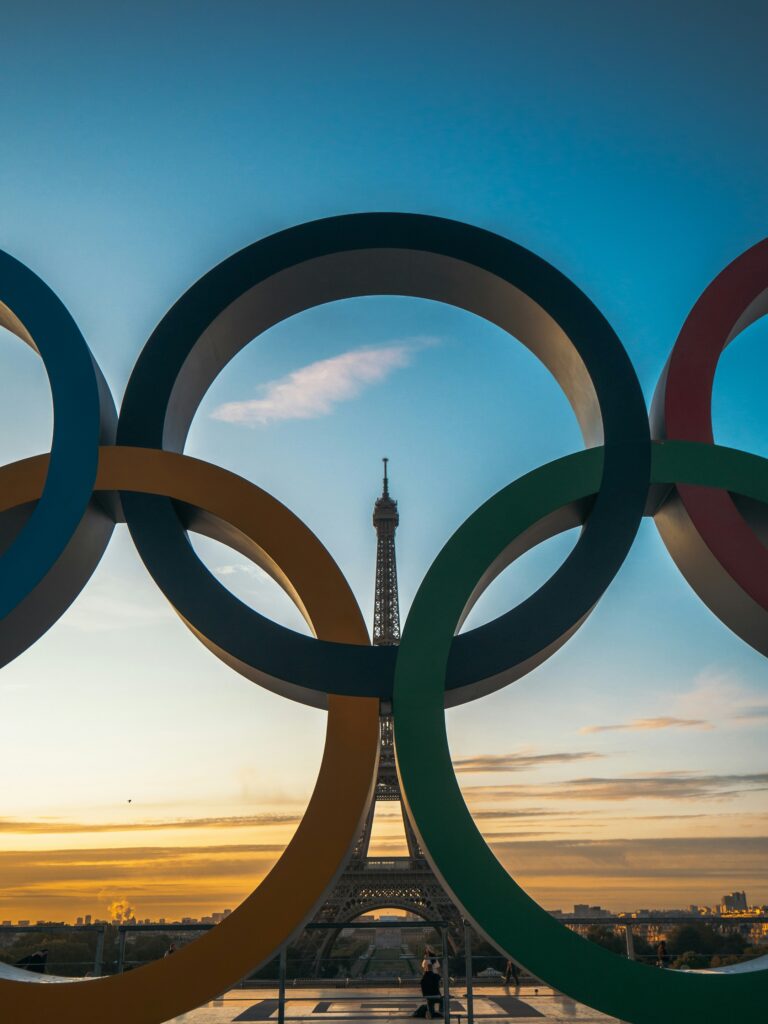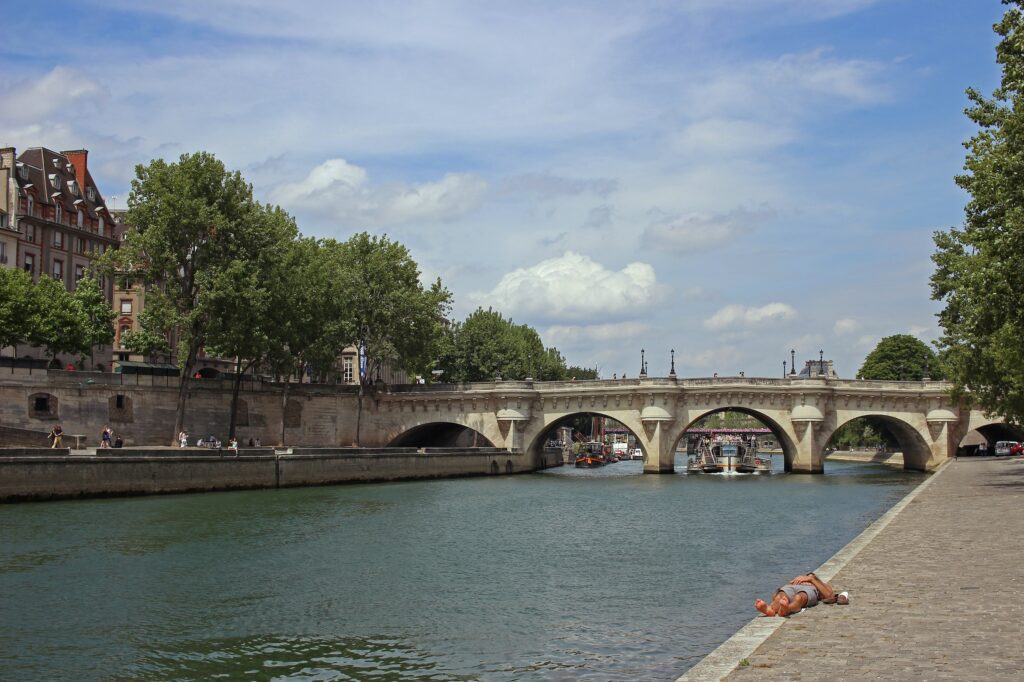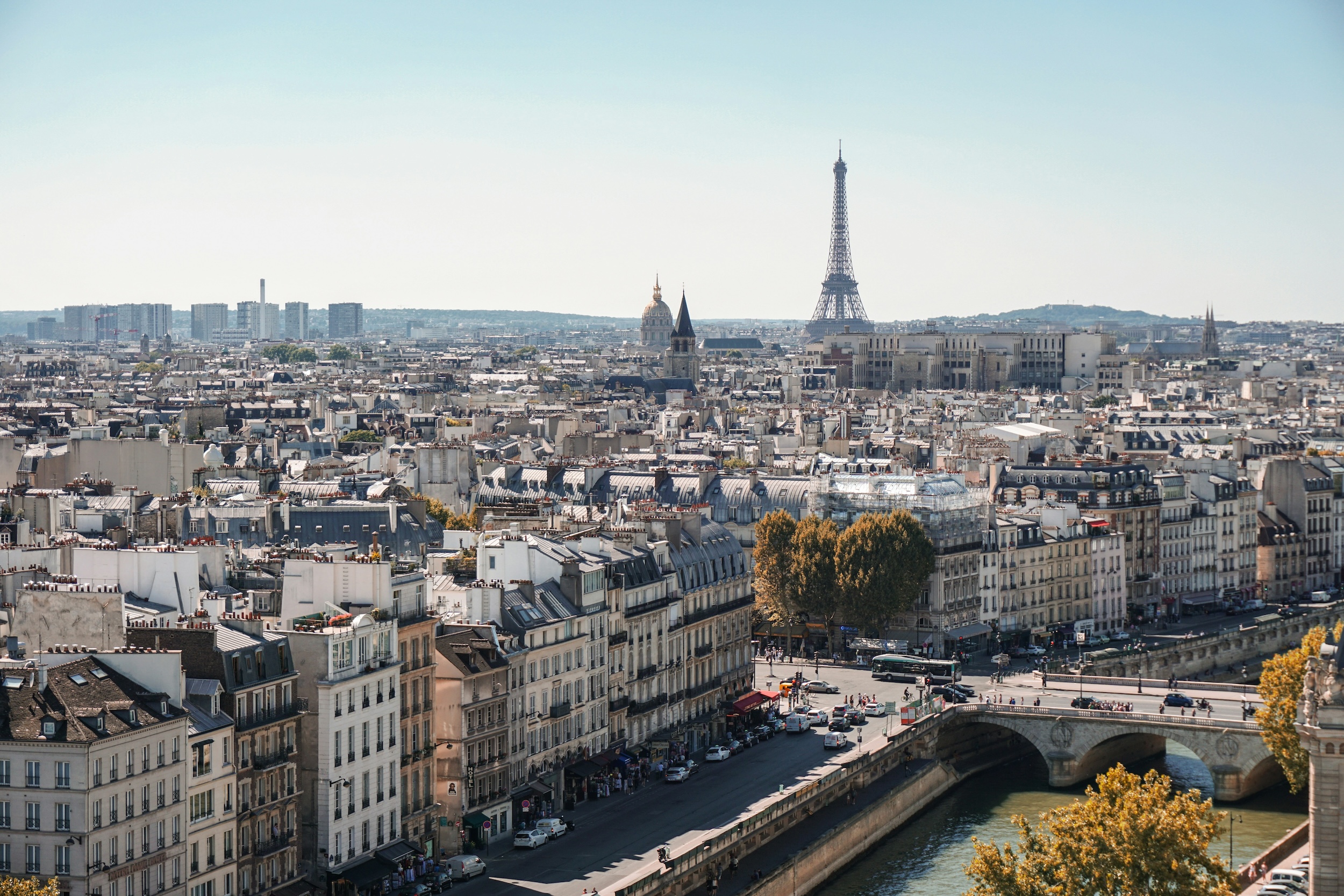The city has set an ambitious goal to be the “greenest”—and it’s shaping up to be an achievable dream.
In just a few months, all eyes will be on Paris as it hosts the 2024 Olympic Games. It promises to be the “greenest” Olympics and set new standards in sustainability.
According to an article on Euronews, part of Mayor Anne Hidalgo’s sustainable vision for the Paris Games is to reduce by more than half the carbon emitted by London 2012 and Rio 2016. Whether or not the City of Lights holds true to its promise remains to be seen.



However, Paris could also lay claim to one other superlative—it might be one of the hottest Olympics as the world continues to be in the throes of climate change.
So, is Paris ready to be the greenest Olympic city while making sure the athletes and their entourage are safe from the punishing heat of the sun?
Green preps
The city’s goal to become the greenest Olympics host city is not all talk. The goal is achievable in no small part due to the fact that 95 percent of the 35 Olympic venues this year have already been built, with the city using existing or temporary infrastructure for the events.
The Stade de France, which was originally built for the 1998 football World Cup, will host most events.
There is only one new competition venue being built for the 2024 Olympic Games—the Aquatics Centre in Saint-Denis. It is solar-powered, uses natural bio-based building materials, and is fitted out with recycled materials.



When it comes to fighting off the heat, the French have to be more creative but at the same time go back to the basics. And when we say “the basics,” we mean no air conditioning.
Yes, you read that right, it’s no AC for the Summer Olympics’ delegates.
Some countries are already worried. Who wouldn’t be when Paris is the “most at-risk capital” in Europe when it comes to heatwaves and dying from it.
Over the past few years, heat waves have become a common phenomenon in France. In 2019, Paris saw record-high temperatures of 42.6°C, while heat radiating off the pavement outside the Garnier Opera House hit 56 °C in 2022. According to a recent report in the Lancet journal, the city’s population is the most at risk of dying from heat waves than any other capital in Europe.
Knowing all too well the very real risk of extremely high temperatures, Paris officials have responded by opting for natural protections to ensure that indoor temperatures are at least 6°C cooler than the outside.
The organizers have also run simulations to see the impact of rescheduling outdoor events to start earlier or later in the day.
The Athlete’s Village is a model of sustainability. It has been purpose-built in the northern suburbs of the city and will generate energy from sources like geothermal and solar power. Athletes will sleep on mattresses made from recycled fishing nets and bed bases from reinforced cardboard. But, there’s one thing that the athletes may not look forward to: there is no air conditioning, only fans.
According to the same article on Euronews, the air conditioner is hailed as one of history’s most “transformative” inventions. But cooling equipment produces potent greenhouse gasses. Keeping this in mind, designers have developed a natural geothermal cooling system for the Athlete’s Village, similar to the one that has helped the Louvre cope with the heat in recent years.
As part of Paris’ sustainability measures, the building will be turned into an apartment and office complex with the temperature regulating system intact.
Still, despite these herculean efforts, 40°C temperatures are still a possibility during the 16-day run of the Olympics according to the World Meteorological Organisation. This means that conditions could still be difficult despite these sustainability measures, so athletes, their entrourage, and guests would do well to be wary of the heat.
Other sustainability efforts
With the Paris Olympics aiming to be the most sustainable games, it means limiting emissions to around 1.75 million tonnes of CO2, according to the World Economic Forum.
Previous summer Olympics, which include Tokyo 2020, Rio 2016 and London 2012, have emitted an average of 3.5 million tonnes of CO2, the Paris 2024 Organising Committee says. Besting emissions from Tokyo’s games will be particularly impressive as that event did not have spectators due to COVID-19 restrictions, the article adds.
So aside from the aforementioned measures to make the upcoming Olympics greener, there are other sustainability efforts in the works.



Other sustainable features of the Paris 2024 Olympic Games include 1,000 km of cycle lanes and 200,000 new trees in the streets, as per The Guardian.
The Paris Tourist Office says 3,000 more rental bikes will be made available, and most Olympic venues are accessible by public transport.
The Paris 2024 Olympics organizers have also pledged to double the amount of plant-based, local, and sustainable food options, according to its official website. It also plans to halve the amount of single-use plastic used to cut carbon emissions and reduce waste.
Even biodiversity has been considered. To achieve this, rooftops have been built with enclosures and openings to house insects and birds, and almost 9,000 trees have been planted around the Athletes’ Village to attract different species.








